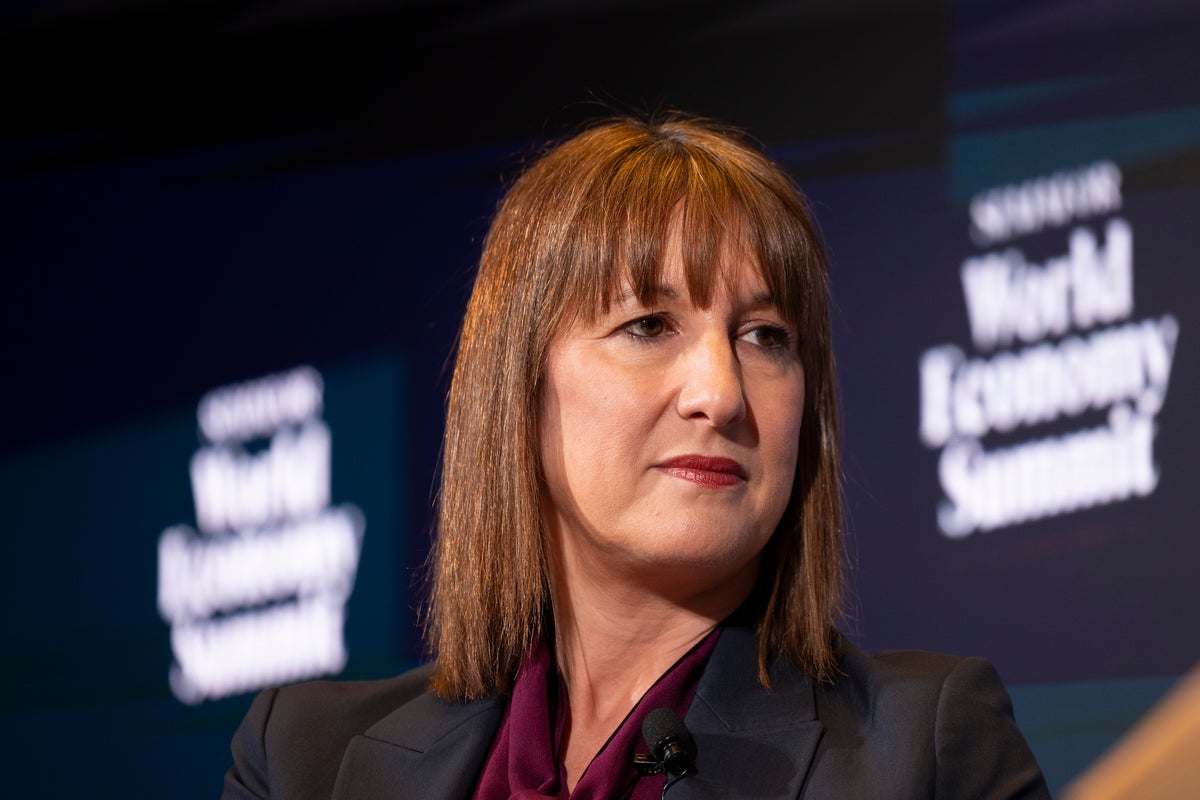Rachel Reeves has suggested that resetting the UK’s relationship with the EU is potentially more important than working out a trade deal with the US.
The chancellor, who has travelled to Washington for crunch talks on a UK-US trade deal with her American counterpart, treasury secretary Scott Bessent, said that the EU was our closest trading partners.
Speaking to the BBC, she said: “I understand why there’s so much focus on our trading relationship with the US but actually our trading relationship with Europe is arguably even more important, because they’re our nearest neighbours and trading partners.
“Obviously I’ve been meeting Scott Bessent this week whilst I’m in Washington, but I’ve also this week met the French, the German, the Spanish, the Polish, the Swedish, the Finnish finance ministers – because it is so important that we rebuild those trading relationships with our nearest neighbours in Europe, and we’re going to do that in a way that is good for British jobs and British consumers.”
The UK is due to attend a summit with the EU in May as part of the ongoing attempt to “reset” the relationship after Brexit.
Ms Reeves is hoping to secure a trade deal with the US which will mitigate the impact of the tariffs imposed by president Donald Trump at the start of April, which have rocked the global financial markets.
It has seen the UK hit with 10 per cent tariffs on all exports to the US, as well as a 25 per cent levy on cars, steel and aluminium.
Some US officials have been optimistic about the prospects of a deal, with vice president JD Vance saying there was a “good chance” a deal could be struck with the UK.
The chancellor has said there is a “deal to be done” with Washington, but has ruled out several concessions the US is thought to be looking for.
These include reductions in food standards rules that limit imports of American agricultural goods and changes to online safety legislation that some US politicians believe limit freedom of speech.
A deal could, however, involve a reduction in tariffs on US cars in exchange for a cut in tariffs on British-made vehicles, with Ms Reeves declining to rule out such a move on Wednesday.
She also said she had been working closely with her European and Canadian counterparts to remove trade barriers, and added that conversations at G20 meetings had been difficult.
“Obviously there are strains. We are all following what’s happening in our domestic bond markets, in our equity markets, and we all know that that uncertainty is bad for investment in the UK economy.”

